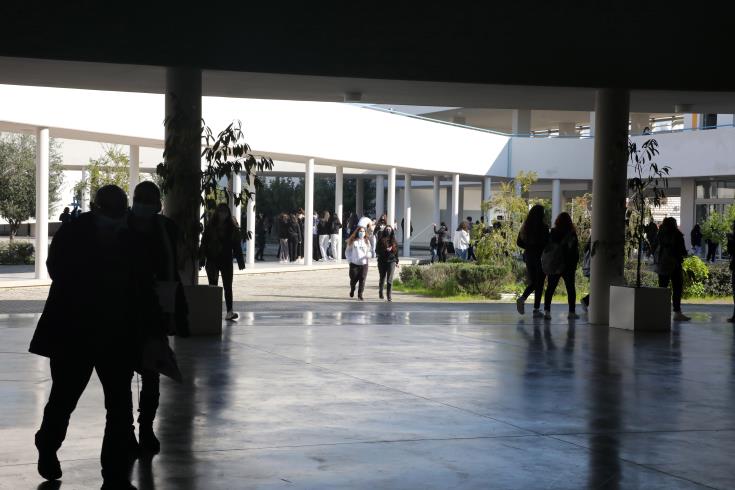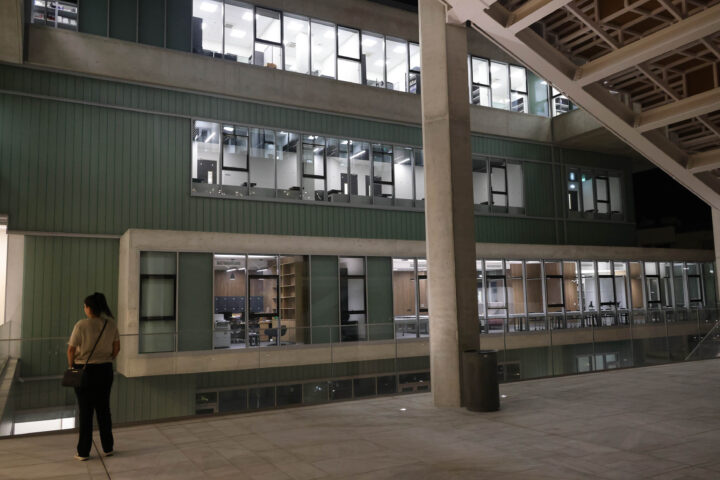MPs have launched an anti-bullying campaign to legally clamp down on thugs in the workplace, school playgrounds and the army.
A bill before parliament seeks to criminalise bullying and abusive behaviour in the hope that society becomes more aware of its destructive powers.
Bullies are everywhere; many of them roam the corridors of parliament and government offices, while if you look hard enough, the police also have their fair share of people behaving atrociously.
It is no secret there is bullying and intimidation against children at school, women at work or those perceived to be weak or ‘inferior’ in some way.
There is a power dynamic at work, whether in the classroom being taught, a manager telling you what to do or taking orders in the army.
Those in a position of power like to exert influence for their advantage – countries do it, so why not people –calling the shots can make someone susceptible to intimidating others.
If we as a society tolerate the abuse of power, then low-level bullying is also going to be ignored and not taken seriously.
And with much bullying waged on social media (gaslighting), it’s even harder to patrol and protect those who are vulnerable to haters.
Even if the law is approved by parliament, there has to be a determination from authorities to apply the law where necessary to prevent the myriad forms of bullying and violent or controlling behaviour.
For many children and some teachers, school is no longer a safe learning space but a dangerous obstacle course to navigate.
Moreover, many feel helpless and pressured at work by unsympathetic bosses who cajole, threaten and intimidate rather than lead.
Where is the safety net if you are sexually harassed, physically or physiologically bullied at work?
Many stay silent for the risk of losing their job or not being believed when outing somebody in a position of power.
Research suggests violence at Cyprus schools is among the worst in the bloc, which is not an image of popular acceptance.
One in four pupils in Cyprus is a victim of school bullying, according to findings from a study conducted by the Pedagogical Institute with the University of Cyprus.
Officially, the figures are much lower at an average of around 15 annually, which means either schools aren’t taking the issue seriously enough or students don’t feel confident to report it.
On the wall
Reading the writing on the wall, the government launched a campaign to prevent violence in schools and racist attacks.
It seeks to get parents involved and for schools to be on the alert with procedures established to monitor anti-social behaviour.
Some teachers complain they are victims of aggressive parents, while children blame educators for being vindictive.
Special classes will also be created for children who show signs of delinquent behaviour while making teachers and the school board more aware.
EU states began to adopt provisions for workplace bullying in 1990; however, the issue has been neglected in Cyprus.
About 9 out of 10 victims sexual harassment victims at work are women, but very few come forward to file a complaint.
One in three women across the EU report some form of sexual harassment, but European statistics suggest that only 8%-10% of victims file a complaint.
It is no coincidence that the country’s first female Parliamentary Speaker spearheads the campaign to criminalise bullying backed by Opposition AKEL MP.
Trying to eradicate harassment in places where people should feel safe requires more of an attitude shift than changing behaviour through legislation.
Nevertheless, this does signal that Cypriot society is realising the harmful impact of aggression and manipulation, especially against children.
Letting these problems fester without taking due care and attention or a clear policy on tackling them will only embolden the perpetrators.
Arguably, we have become less tolerant yet more inclined to be tribalistic in wanting what’s best for us rather than the community.
Maybe we have become more selfish, inward-looking and detached from our actions, causing a chain reaction that has consequences for our children.
Bullies should not be tolerated in any arena; they poison the climate and make it inhabitable.
But we must discover the causes of such behaviour before understanding how to beat it, and legislation won’t rectify that.










